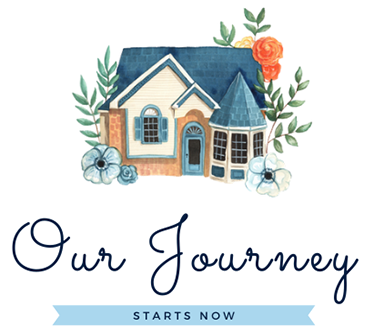Experiential learning for kids is a hands-on approach that emphasizes learning through direct experience. Rather than passively receiving information, children actively engage with the subject matter by participating in meaningful activities that are designed to help them make connections to real-world situations. This method of learning allows kids to explore concepts, experiment, make mistakes, and reflect on their experiences in ways that build a deeper understanding. Through activities like field trips, science experiments, art projects, or even community service, experiential learning not only reinforces academic knowledge but also develops essential life skills such as critical thinking, collaboration, and adaptability.
One of the core benefits of experiential learning is that it nurtures curiosity and personal responsibility for learning. Children are naturally inclined to ask questions and seek answers, and experiential learning encourages this by creating environments where they can explore and discover at their own pace. For homeschoolers and unschoolers, experiential learning offers flexibility and personalization, allowing families to tailor experiences to their children’s interests and developmental needs. From gardening to visiting a historical site, this learning model taps into kids’ innate ability to learn through doing, making education a more engaging, enjoyable, and meaningful journey.

